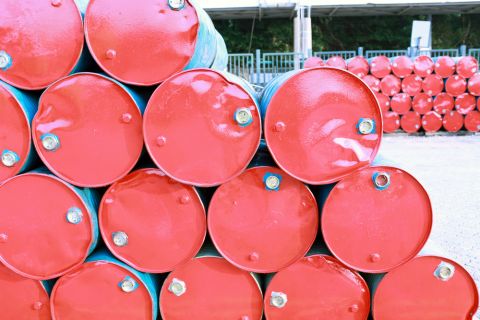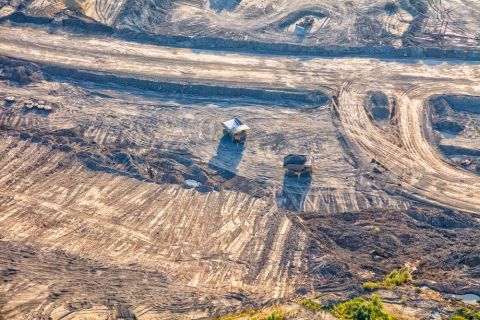It seems that many in the world are bullish on natural gas. In this month’s World View, Kjell Pedersen, president and CEO of Petoro, which manages the Norwegian government’s oil and gas interests, comments, “There is no other means that can more effectively help Europe meet its greenhouse emissions obligations than a grand transition from coal to gas in European power generation.” At a recent conference at the University of Texas’ Bureau of Economic Geology, it was announced that the US leads the world in COemissions reduction, having dropped back to 1992 levels by replacing coal with natural gas. The benefits of this clean-burning fuel are being touted far and wide, it seems.
Of course, there are also the detractors. A recent Sierra Club press release announced that the organization had submitted comments on the US Bureau of Land Management’s standard for hydraulic fracturing on public lands. While its recommendations are reasonable – establish areas off-limits to drilling, institute safe setback distances from schools, hospitals, and drinking water supplies, etc. – the Sierra Club resorted to its usual purple prose by stating that public and Native American lands must be protected from “destructive drilling” and that Americans are counting on the government to protect their water, air, health, and their children’s futures “from the dangers of drilling and fracing.”
So I was quite surprised to find that another green group, the Environmental Defense Fund (EDF), actually had something nice to say about natural gas. “Some of our friends in the environmental community have questioned why we are working on natural gas at all,” wrote Mark Brownstein, EDF’s energy program chief counsel, in his “Energy Exchange” blog. “They suggest that we should simply oppose natural gas development and focus solely on championing energy efficiency and renewables.”
Instead, Brownstein is championing strong regulation of natural gas while acknowledging three factors:
Hydraulic fracturing is already a common practice;
Natural gas is playing an important role in driving out coal plants; and
Natural gas is entrenched in the economy.
The EDF has not lost sight of the fact that strong regulations backed up by oversight are needed. “In states like New York, which have little or no experience in regulating modern oil and gas development, we believe it is important to take the time needed to develop strong regulations with the resources necessary to implement and enforce them before commercial-scale development should be allowed,” he wrote.
Can it be that calmer heads are prevailing in the environmental community? Let’s hope that Mr. Brownstein is not the lone voice of reason in the wilderness of ignorance.
Recommended Reading
Kissler: OPEC+ Likely to Buoy Crude Prices—At Least Somewhat
2024-03-18 - By keeping its voluntary production cuts, OPEC+ is sending a clear signal that oil prices need to be sustainable for both producers and consumers.
NGL Growth Leads Enterprise Product Partners to Strong Fourth Quarter
2024-02-02 - Enterprise Product Partners executives are still waiting to receive final federal approval to go ahead with the company’s Sea Port Terminal Project.
Canadian Natural Resources Boosting Production in Oil Sands
2024-03-04 - Canadian Natural Resources will increase its quarterly dividend following record production volumes in the quarter.
Enbridge Advances Expansion of Permian’s Gray Oak Pipeline
2024-02-13 - In its fourth-quarter earnings call, Enbridge also said the Mainline pipeline system tolling agreement is awaiting regulatory approval from a Canadian regulatory agency.
Greenbacker Names New CFO, Adds Heads of Infrastructure, Capital Markets
2024-02-02 - Christopher Smith will serve as Greenbacker’s new CFO, and the power and renewable energy asset manager also added positions to head its infrastructure and capital markets efforts.





